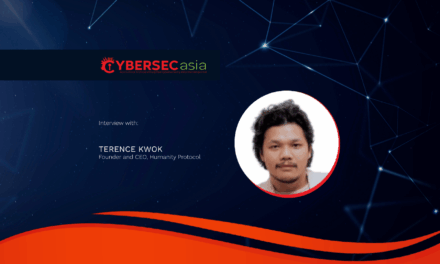To safeguard client data against increasingly sophisticated cybercriminals, PPIS turned to AI-enhanced EDR cybersecurity solutions.
To safeguard the delivery of trusted community services during the global COVID-19 pandemic, a Singapore non-profit organization, the Singapore Muslim Women’s Association (PPIS), has deployed enhanced cybersecurity solutions across its 16 premises.
Last year, PPIS had experienced a series of phishing attacks, indicating that the use of existing antivirus software was no longer effective at protecting against today’s cyber threats. Under the country’s Personal Data Protection Act (PDPA), a breach of confidential information would have not only put clients at risk but also major organizational ramifications.
Subsequently, PPIS recognized that it needed to improve its cybersecurity posture: “We needed to streamline endpoint management so we could focus on projects that help PPIS meet its strategic goals for digital transformation,” said Thariq Aziz Abdul Hamid, PPIS Information Technology Manager.
Moving from detection to prevention
The non-profit wanted a cybersecurity solutions that not only offered better protection against phishing, ransomware, malware and zero-day threats, but also eliminates the administrative burden of having to manage signature updates. Additionally, instead of merely detecting cyberthreats, PPIS was advised that prediction and prevention via AI was paramount.
“In every respect, I found BlackBerry Protect to be a perfect fit. It is performing exactly as we’d hoped, and we’re planning to add BlackBerry Optics for Endpoint Detection and Response (EDR) to our security stack in the near future. Our endpoints are secure, our users are happy, and we have time to work on new projects,” concluded their technology manager.
Said Stephen Mak, Vice President (Asia Pacific), BlackBerry Spark: “BlackBerry strongly believes in giving back to the communities in which we operate. We are proud to have helped PPIS move successfully from a traditional AV model to an AI-driven, preventative approach to threat management — ensuring the organization is able to control the chaos of today’s complex cybersecurity environment and focus on their important work.”

















